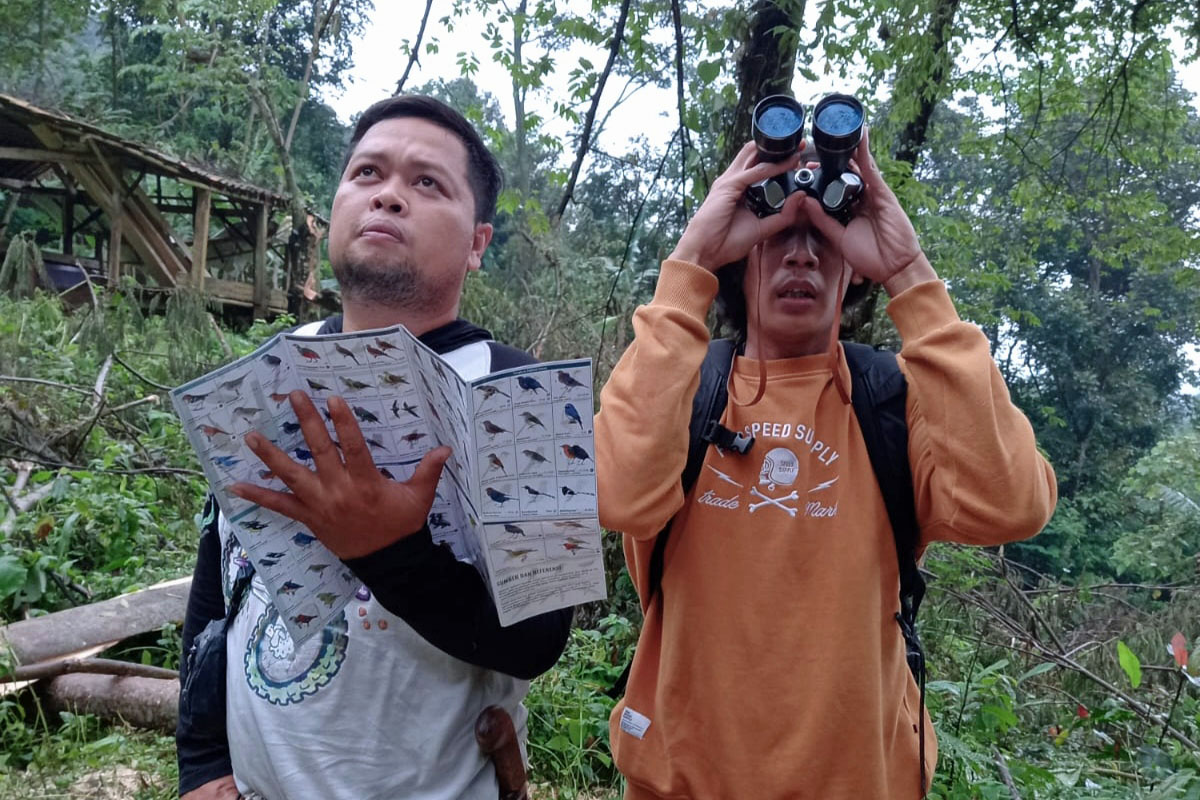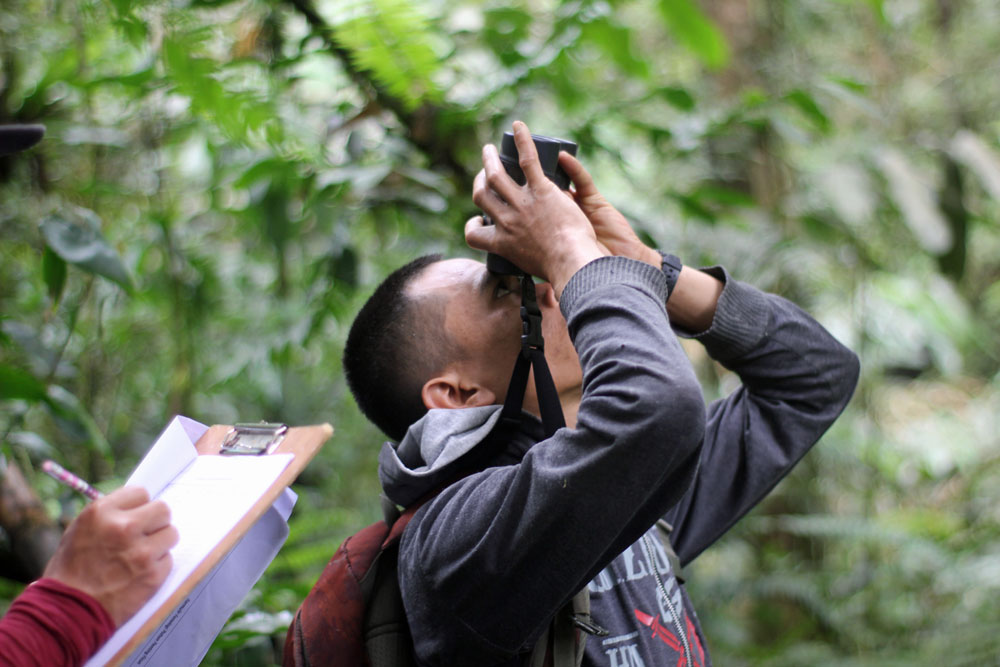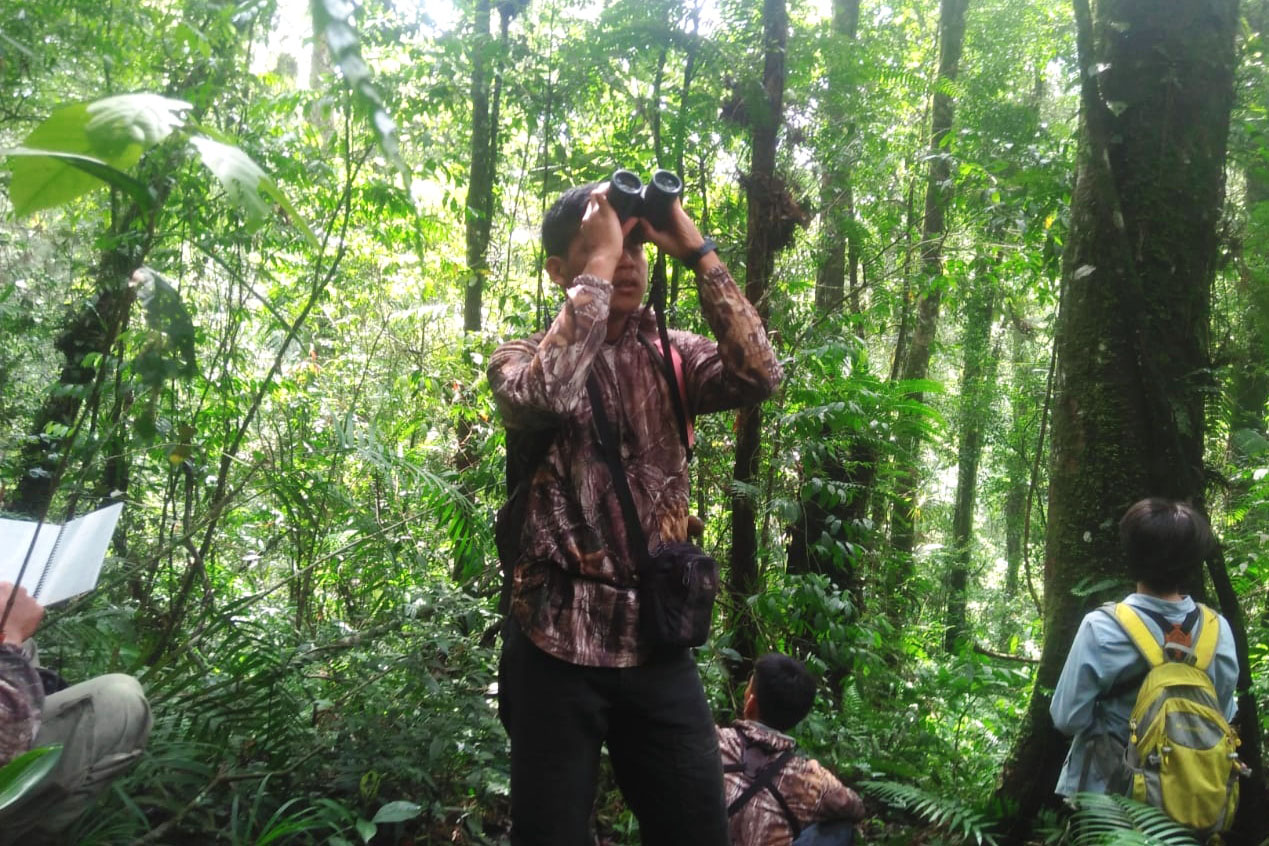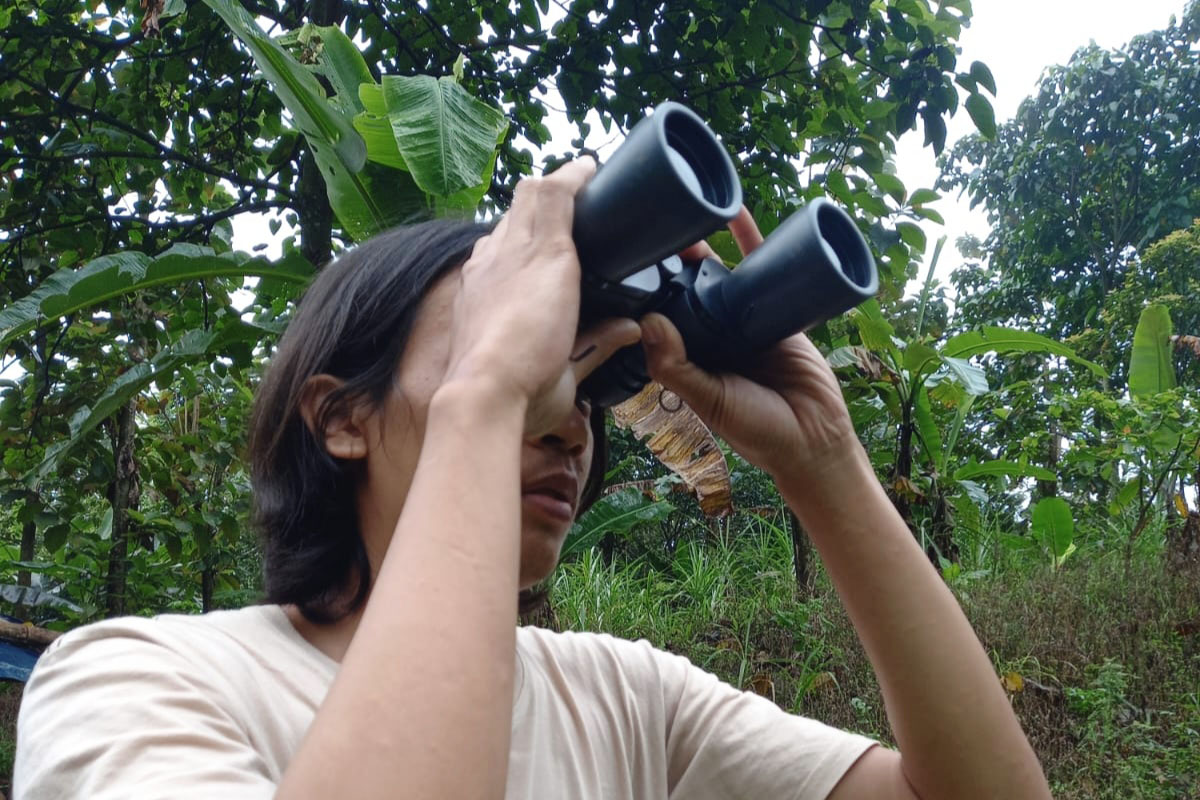Photos: Kiraksal Biodiversity Management Committee
In March 2020, in the midst of a pandemic lockdown, a few young naturalists from the village of Kiraksal in Maharashtra (India) started birdwatching, leading to the formation of the Kiraksal Biodiversity Management Committee. Their goal was to encourage local community members to protect grassland biodiversity, documented through a People’s Biodiversity Register and supported by the eBird platform. Despite starting with limited resources, including just a pair of binoculars, their passion attracted local children, forming a dedicated team of young naturalists who expanded their observations to include butterflies. Now with over 50 members, the committee works with local institutions to conduct various nature programs, from snake awareness sessions to celebrating Bird Week and International Wolf Day, showcasing Kiraksal village as a prime example of pandemic-driven community reconnection with nature and sustainable environmental activism.
To support the activities of this young organization, Binoculars4charity donated 4 binoculars, 2 spotting scopes with tripod, 1 camera with digiscoping accessories and a backpack, which recently arrived in Maharashtra. We are happy to share the words of Chinmay Sawant, one of the leaders of the committee:
“Our gratitude towards Binoculars4charity is immense. This birding equipment proves invaluable for our wildlife monitoring efforts and for documenting waterbirds during the winter season. The Kiraksal Biodiversity region is home to more than 200 species of birds, a testament to its ecological richness. Our local youth, who once partook in bush hunting, are now actively involved in conservation efforts and serve as guides for tourists, transforming Kiraksal into a burgeoning ecotourism hotspot. This transformation has been made possible through this generous donation. We extend our heartfelt thanks for your initiative in supporting our cause.”
We are more than happy to share this good news with all our donors and look forward to supporting more projects! For more information about the Kiraksal Biodiversity Management Committee, please visit their Facebook page.



















































